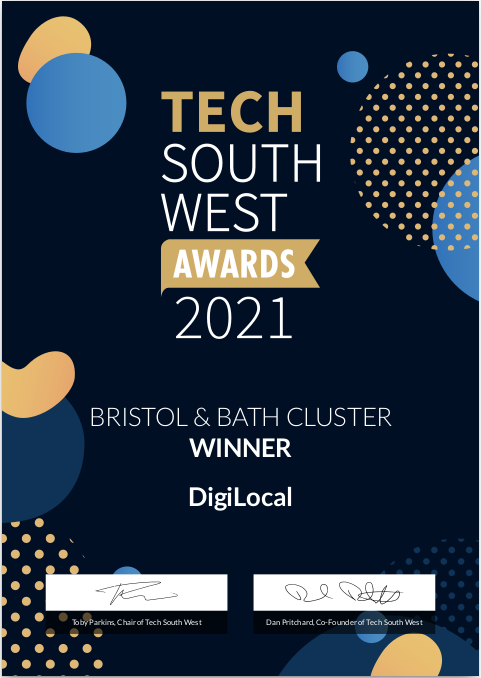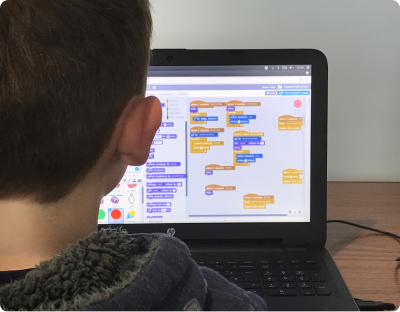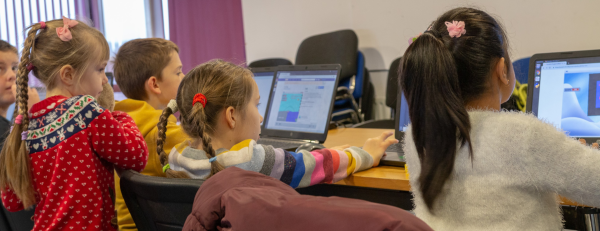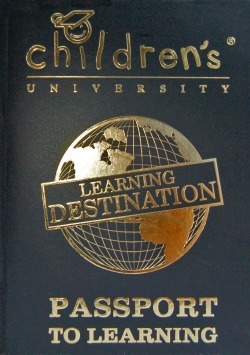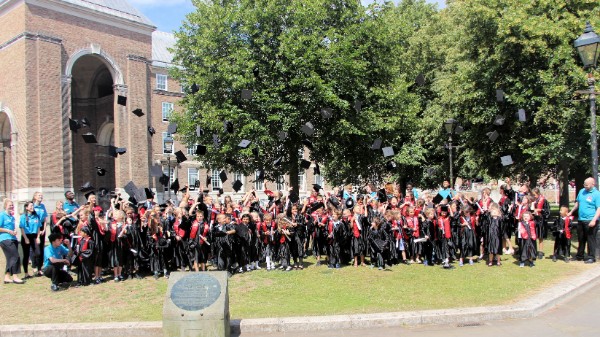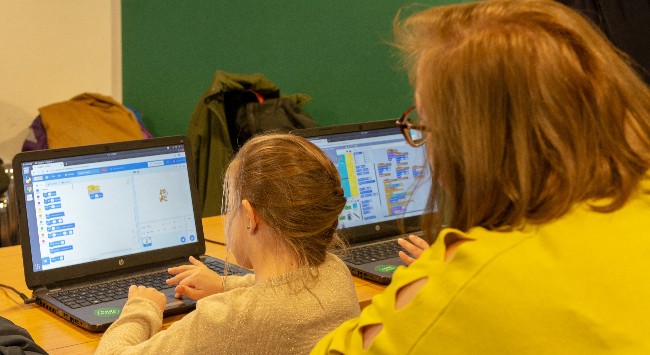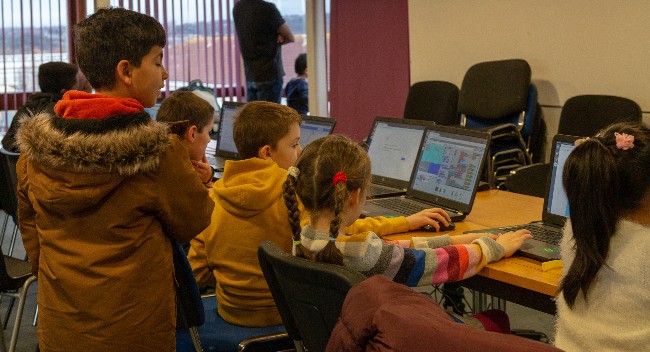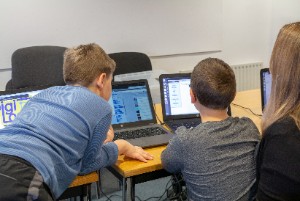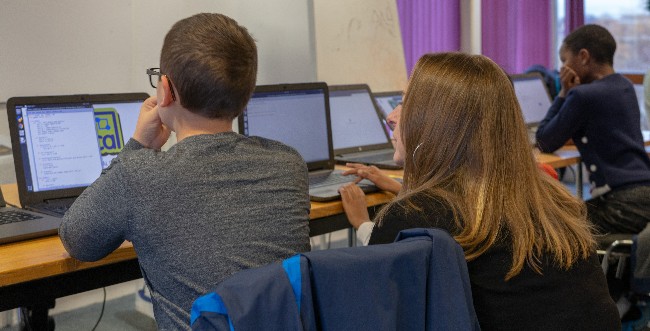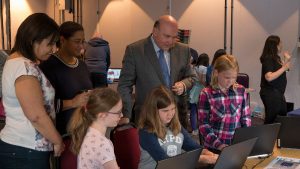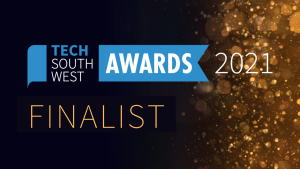
Huge thank you to Tech South West and category sponsors BoostCo for our award for Commitment to Diversity.
Our purpose is to give underrepresented young people the opportunity to discover and develop their digital talents.
All of our community based clubs start with … a lead community organisation. This ensures that we are genuinely addressing local needs, and not simply dropping in a ‘cookie cutter’ solution dreamt up in a focus group. Our communities are as diverse as the people within them and what works in one location may not work in another.

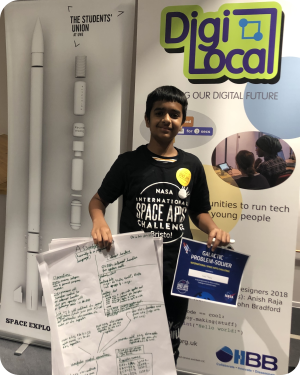
At the core of our clubs, and our whole purpose, are our young people. We want to support them on their journey of developing their problem solving skills and building resilience. That journey isn’t a single point of contact; we’re in it for the long haul. Most of our clubs start at age 8 years and some of our young people have been attending for over 4 years. We’ve even begun to place young people with paid internships.
Some of our young people are into developing narrative games and flourish with the BAFTA Young Games Designer competitions, others are more data-driven and excel in the NASA Space Apps Challenge.
As long as they are enjoying themselves and moving on to more challenging projects, we’ll keep finding cool challenges for them.
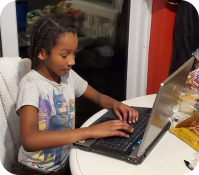
One of the major barriers for greater diversity in tech is the opportunity to access resources from home. Since the first COVID-19 lockdown we have worked with a wide range of partners to source, repurpose, and onward gift over 1,000 laptops to young people and families. This work is ongoing and represents a vital component of our support for underrepresented young people.
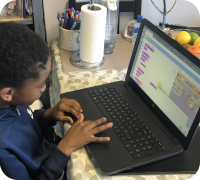
In parallel to the laptop repurposing, we launched DigiLocal Online and have hosted an online coding session every night of the week (and two sessions on Saturdays) since March 2020. Those sessions have provided a vital point of stability for some young people over the pandemic and will continue to support young people into the future.
As an organisation we also want to be a place that celebrates diversity, and everyone is present because of the value they bring to our mission.
Our trustees bring a range of vital knowledge, skills, and experiences to ensure that our clubs address the needs of young people from diverse communities, as well as the diverse industries they will eventually find themselves. Having a diverse Board of Trustees is vital to building a resilient and purposeful organisation and I’m grateful to all of them for their time, support, and critical friendship in building DigiLocal.
Beyond our Board of Trustees, we also host a Youth Advisory Board and a Community Advisory Board. These advisory boards report directly to the Board of Trustees and their suggestions shape our strategic business planning for the charity. Each advisory board is chaired by a named Trustee and has an open agenda to consider anything that may help DigiLocal better support underrepresented young people to discover and develop their digital talents.
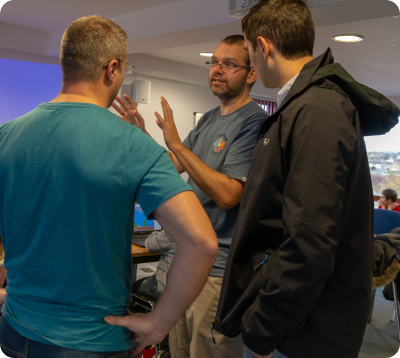
We rely completely on our fantastic volunteer STEM mentors to deliver club sessions. Many are developers and engineers with companies in Bristol and around the UK, but all are committed to supporting young people and nurturing a passion for problem solving and working with tech.
In addition to the Commitment to Diversity Award, we are thrilled to have been the Bristol and Bath Cluster Winner as well. We work closely with the tech cluster champions such as TechSpark and many of the amazing firms in the region so it’s fantastic to be recognised by them specifically.
If you’d like to be part of our journey, please get in touch.
Thanks again to Tech South West and all involved in the awards and the tech scene in the region.
